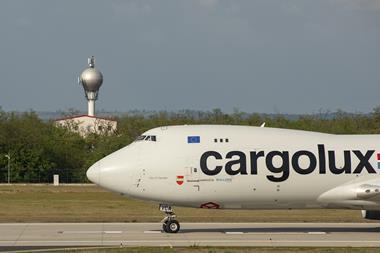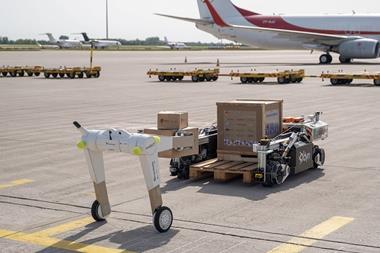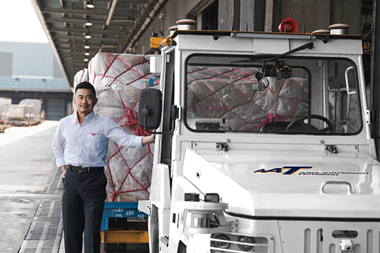IT WAS the best of times, it was the worst of times, the age of wisdom, the age of foolishness, according to Charles Dickens in A Tale of Two Cities.
He might well have been talking about global air cargo in the year 2012. At the start of 2013, there are not many wise players left standing on an air cargo industry winners’ podium from a disastrous year which saw empty aircraft parked in deserts, as markets tumbled, losses piled high and companies struggled just to stay in business.
There are plenty of fools who believed the air cargo bubble, which started in the 1950s and grew over six decades, would never burst. In 2012, they discovered the truth.
Dickens famously went on to refer paradoxically to “the epoch of belief, the epoch of incredulity, the season of light, the season of darkness, the spring of hope, the winter of despair.
“We had everything before us, we had nothing before us, we were all going direct to heaven, we were all going direct the other way – in short, the period was so far like the present period, that some of its noisiest authorities insisted on its being received, for good or for evil, in the superlative degree of comparison only,” were his words of genius.
But it was not all bad news for air cargo in 2012. Industry developments, hewn from the rocks of the past, now promise a future with stronger foundations and better business processes. At last, there is real discussion and positive action on so many important levels.
They include better security; faster, more accurate information to all parties in the chain; zero-defect tolerance towards failure; and greater reliability.
It will be a future established on proper business practices, with IT leading the way. Out of the mess may come a surprisingly robust and better-defined air cargo industry.
Otherwise, what the Dickens are we doing in it?








